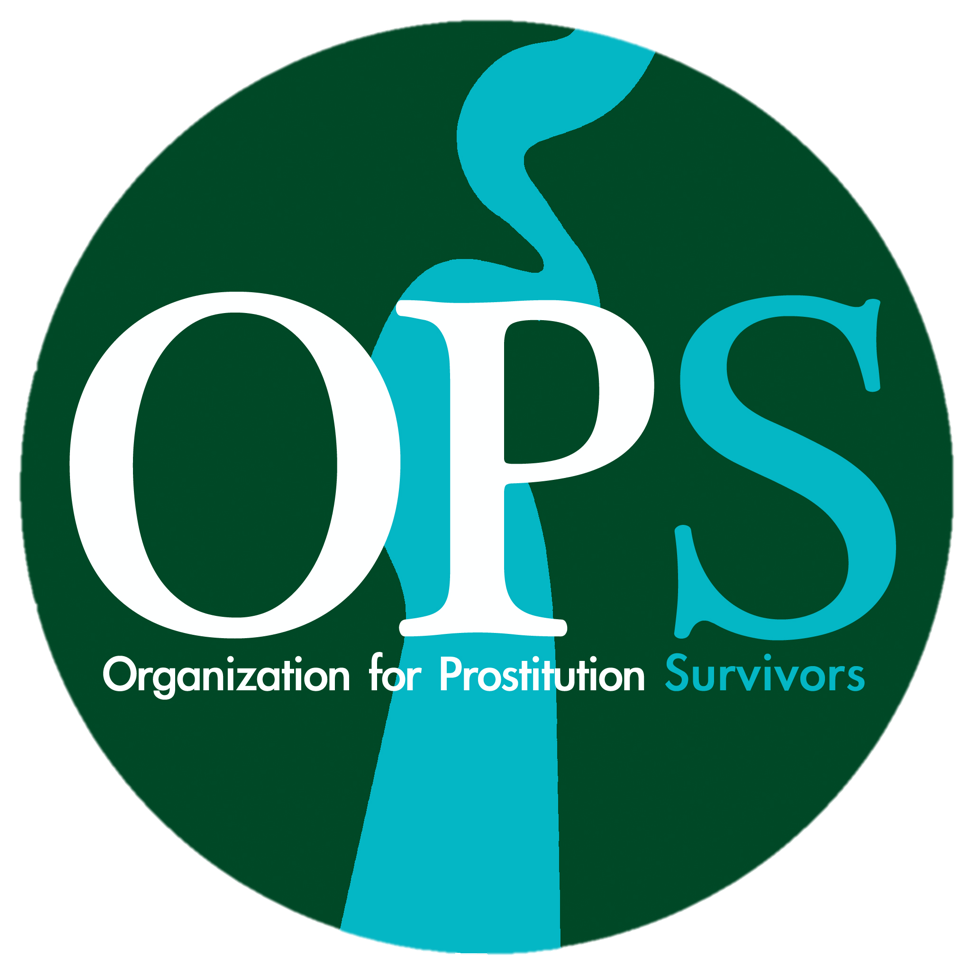Racism in CSE (Commercial Sexual Exploitation)
Commercial Sexual Exploitation (CSE) perpetuates gender-based violence, leaving lasting trauma for millions of individuals around the world. This system thrives on exploiting vulnerable people, with minority women being particularly targeted by traffickers for financial gain.
However, the struggles faced by people of color are often pushed under the radar, resulting in the invisibility of black and minority lives due to the segregation of cities, over-policing, and both overt and implicit racism.
In this blog post, we will delve into the disproportionate impact of human trafficking on minority women and explore the systemic connection between racism and CSE. Highlighting the criminalization of sex trafficking victims, the over-representation of minority women and girls in the sex trade, and the lasting systemic injustices, we aim to bring attention to the urgent need for change.
The Intersectionality in CSE:
When discussing Commercial Sexual Exploitation (CSE), it's essential to recognize the intersectionality of race and gender. Black and minority women are at an even greater disadvantage due to their gender, race, class, sexual orientation, physical ability, and more. This is known as intersectionality. At OPS, we understand that everyone has their own unique experiences of discrimination and oppression. At OPS, we understand that everyone has their own unique experiences of discrimination and oppression. That's why we acknowledge intersectionality. Focusing on intersectionality allows us to better address the systemic injustices that contribute to the exploitation of vulnerable individuals and prioritize the needs and experiences of survivors.
Statistics reveal the disproportionate impact of commercial sexual exploitation on minority women and girls. According to a comprehensive review of suspected human trafficking incidents in the US over a two-year period, 40% of sex trafficking victims are black, and 24% are Latinx. Disturbingly, black children account for nearly 53% of all juvenile prostitution arrests, with black and minority girls bearing the brunt of the criminalization in the sex trade.
The Link Between Racism and CSE:
The vulnerability of minority women to trafficking is closely tied to their socioeconomic status. The Congressional Black Caucus Foundation highlights the significant role that socioeconomic differences play in increasing the vulnerability of minority women to exploitation. Historical wealth gaps persist, with the average white household having ten times more wealth than the average black household. These past inequalities continue to fuel the unequal treatment seen in the present.
Traffickers specifically target women of color with lower socioeconomic status due to these systemic differences. Adding to this injustice, the American penal system disproportionately targets people of color, leading to a majority of women incriminated for sex trafficking being black. Reports demonstrate that 57.5% of all juvenile prostitution arrests are black children, while the buyers often escape severe consequences.
The abuse-to-prison pipeline further contributes to the over-representation of minority women in the sex trade. Instead of receiving psychological support, women of color who respond to abuse by running away, substance abuse, or truancy in school, are often criminalized. The lack of adequate treatment and social support drives women further into the cycle of exploitation. Following release from prison, the limitations imposed by a criminal record restrict access to employment, housing, and social benefits, leaving them vulnerable and potentially homeless.
Harmful stereotypes surrounding the sexuality and promiscuity of black girls and women also contribute to their exoticization and exploitation. The hyper-sexualization and hyper-criminalization of black girls and women create a damaging cycle where innocence is denied, and exploitation is perpetuated.
Moving Towards Change:
The human cost of trafficking and commercial sexual exploitation is immeasurable, impacting survivors' mental health, limiting their future prospects, and hindering their recovery from trauma. Systemic racism and a long history of oppression have made people of color, specifically women and girls, prime targets for human trafficking.
It is crucial that organizations and entities working with victims examine their biases and prejudices, actively dismantling systemic injustices. Policymakers, public officials, and society as a whole must prioritize dismantling racism and gender-based disadvantages to effectively combat the exploitation of minority women and girls.
At the Organization for Prostitution Survivors (OPS), we are committed to supporting survivors of commercial sexual exploitation through comprehensive services focused on healing, recovery, and empowerment. Through trauma-informed care, counseling, legal support, educational assistance, and community resources, we aim to foster hope, resilience, and a sense of community.
By acknowledging and addressing the intersectionality of race and gender, we can work toward ending gender-based violence, fostering equality, and creating a society where all individuals are afforded the opportunity to heal, thrive, and reclaim their lives.
If you or someone you know is a survivor of commercial sexual exploitation, OPS is here to support you. Reach out to us for compassionate, survivor-focused assistance on your journey towards healing and empowerment. Together, we can create a future free from the bonds of exploitation and rooted in equity and justice.




